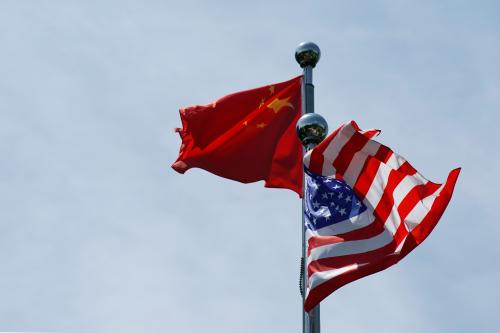

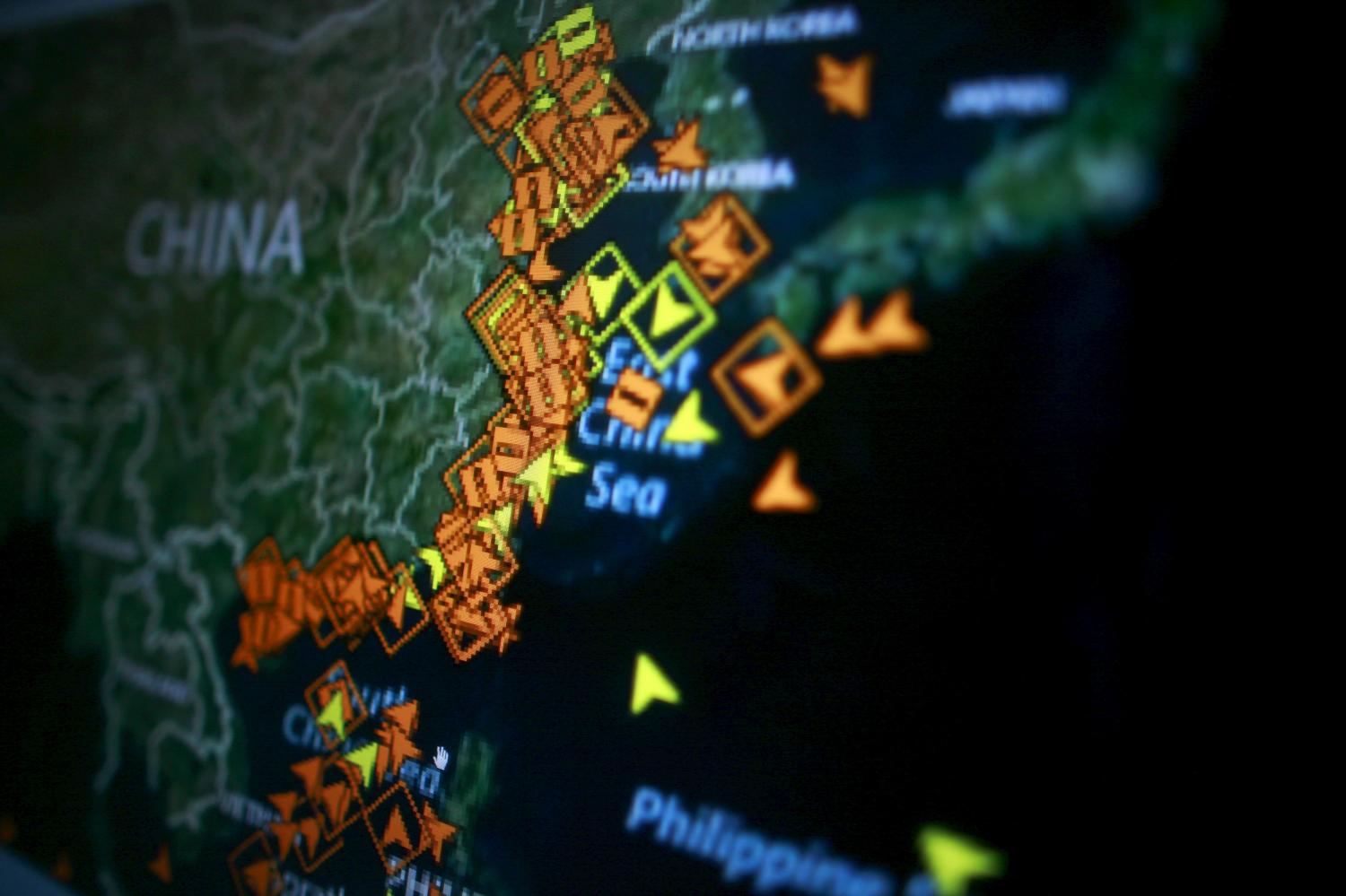
What are the implications of Chinese activity across various strategic domains — security, infrastructure, economic statecraft, and more — for the United States?
Authors: Tarun Chhabra, Rush Doshi, Ryan Hass, Emilie Kimball
This installment of the Brookings Foreign Policy series “Global China: Assessing China’s Growing Role in the World” helps illuminate China’s expanding global influence in domains of strategic competition.
Related Content

Tarun Chhabra, Rush Doshi, Ryan Hass, Emilie Kimball
September 30, 2019
Authors: Daniel L. Byman, Israa Saber
As China continues to develop the ways in which it counters terrorism at home, it has also begun to export its version of counterterrorism methods abroad.
Related Content
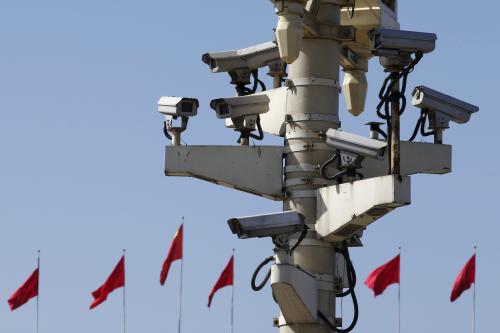
Daniel L. Byman, Israa Saber
September 30, 2019
Authors: Caitlin Talmadge
As a result of dynamics in both Washington and Beijing, nuclear competition between the United States and China is almost certain to intensify.
Related Content
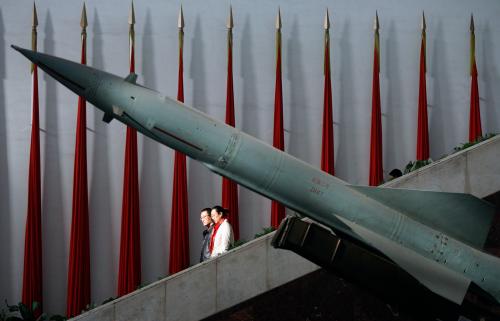
Caitlin Talmadge
September 30, 2019
Authors: Mara Karlin, Leah Dreyfuss
In the near to medium term, China will likely continue to forgo formal military alliances and full-fledged bases, and instead seek to develop partnerships that allow it access to its expanding interests.
Related Content
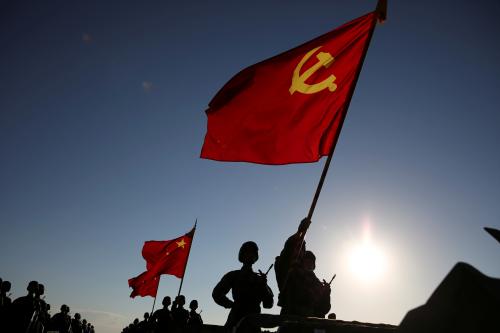
Leah Dreyfuss, Mara Karlin
September 30, 2019
Authors: Michael E. O’Hanlon
It is neither credible nor wise to promise allies massive U.S. military responses to limited aggression by China or another power. Washington needs a more believable, and feasible, approach.
Related Content
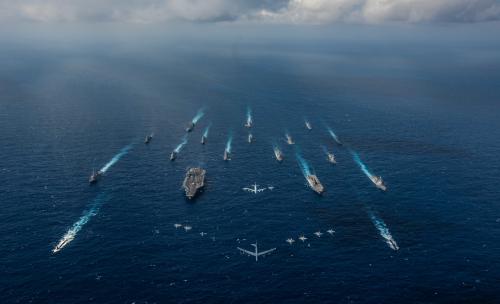
Michael E. O’Hanlon
September 30, 2019
Authors: David Dollar
While seemingly aimed at regional economic corridors, the Belt and Road Initiative is in fact global and motivated by economic and strategic interests. In Africa, experiences with BRI are mixed.
Related Content

David Dollar
September 30, 2019
Authors: Richard Nephew
Given the likelihood of competition, the United States should add sanctions development to its crisis management process, and increase intelligence and analytical capabilities that focus directly on Chinese sanctions doctrine and practice.
Related Content
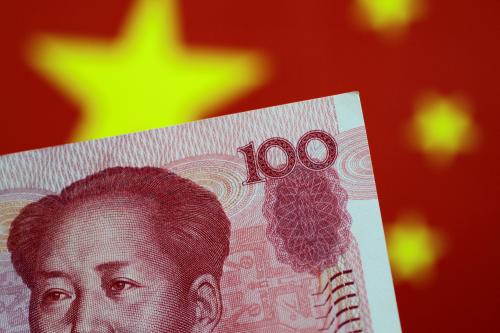
Richard Nephew
September 30, 2019